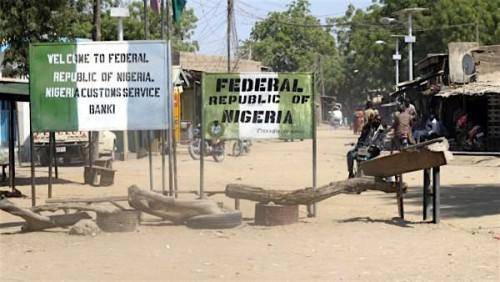About 57 days after Nigeria shut its borders against neighboring countries to fight smuggling, the International Monetary Fund (IMF) may have thrown its weight behind the Federal Government, describing it is an illegal trade.
“ It is about illegal trade which is not what you want to facilitate.
“On the border closure in Nigeria which has been impacting Benin and Niger, our understanding is that the action reflects concerns about smuggling that has been taking place,’’ Mr Abebe Selassie, the Director of the African Department at the IMF, said.
He spoke at a media briefing on the sidelines of the World Bank/IMF Annual Meetings in Washington DC, U.S. in a reaction to a question on weather the border closure negates the African Continental Free Trade Agreement (AfCFTA).
Selassie said although free trade was critical to economic growth of the continent, it “must be legal and in line with agreements’’.
While raising hope of a speedy resolution of the issues arising from the closure, he noted that it was already taking a toll on the economies of Nigeria’s neighbours.
He said: “We are very hopeful that discussions will resolve the challenges that this illegal trade is posing.
“If the border closure is to be sustained for a long time, it will definitely have an impact on Benin and Niger which, of course, rely quite extensively on the big brother next door.’’
Nigeria’s Minister of Finance, Budget and National Planning, Mrs Zainab Ahmed, had justified the border closure, saying it will curb illegal trading activities by Nigeria’s neighbors.
“The closure will be in force until Nigeria secures the commitment of its neighbors to trade agreements and treaties signed with them,’’ she said in Washington on Wednesday.
























Leave a comment